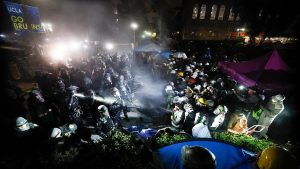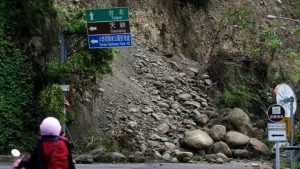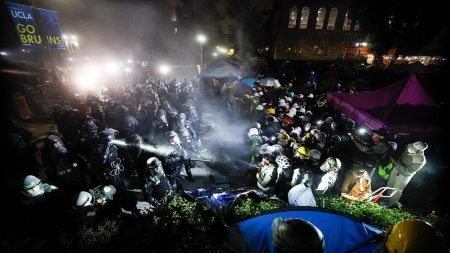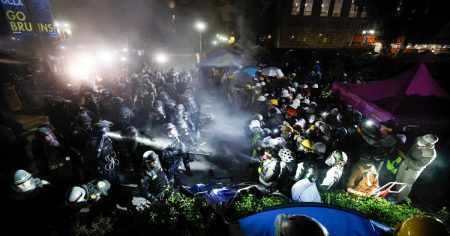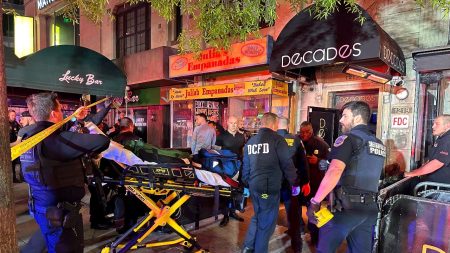BNSF Railway is currently involved in a federal civil court trial over the lung cancer deaths of two former residents of Libby, Montana, a town contaminated with asbestos. The railroad, owned by Warren Buffett, argues that it should not be held liable for the deaths as its corporate predecessors were unaware of the hazardous asbestos fibers in the vermiculite they transported from a nearby mine. This trial is the first of many lawsuits against BNSF related to its operations in Libby, with residents seeking accountability for the asbestos exposure that has resulted in hundreds of deaths and thousands of illnesses.
The trial is taking place against the backdrop of W.R. Grace & Co., a chemical company that operated a vermiculite mine near Libby until 1990. The company has paid significant settlements to victims of the asbestos contamination. Despite W.R. Grace’s significant role in the town’s tragedy, Judge Brian Morris has repeatedly reminded jurors that the focus of the current trial is on BNSF’s conduct, not the separate liability of Grace. The railroad argues that Grace employees concealed the health hazards of asbestos from them, and former railroad workers claim they were unaware of the risks associated with asbestos exposure.
Former rail yard worker John Swing testified that he was unaware of the asbestos issue in Libby until news reports in 1999 highlighting deaths and illnesses among mine workers. Swing’s testimony contradicted accounts from Libby residents who recalled dust being kicked up whenever the wind blew or a train passed through the yard. The estates of the deceased plaintiffs argue that BNSF should have known about the dangers of asbestos exposure, pointing to warning labels placed on rail cars carrying vermiculite by W.R. Grace. They also argue that BNSF higher-ups attended conferences on dust diseases like asbestosis in the 1930s, indicating their awareness of the risks.
The Environmental Protection Agency declared a public health emergency in Libby in 2009 under the federal Superfund cleanup program. The pollution has been largely cleaned up at public expense, but the long latency period for asbestos-related diseases means that exposed individuals are likely to continue getting sick and dying for years to come. Family members of the deceased plaintiffs testified that their loved ones died soon after being diagnosed with mesothelioma, with the dust from the rail yard being blamed for their illnesses. Video evidence played for the jurors showed one of the victims struggling to breathe in a home hospital bed, highlighting the devastating impact of asbestos exposure in Libby.
